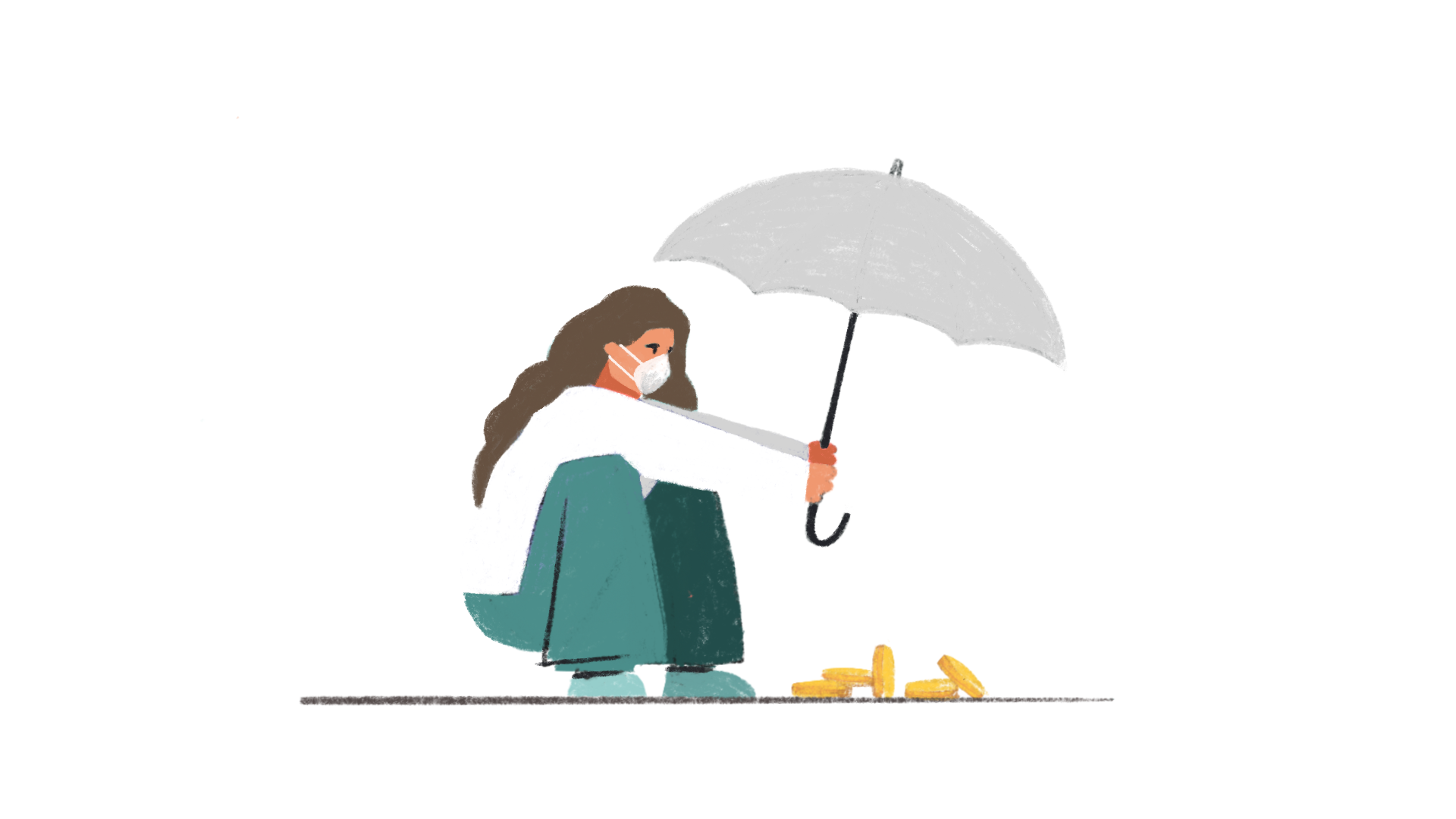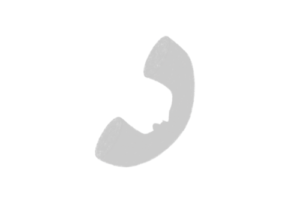
How to keep your money safe from Coronavirus-related fraud
Keeping yourself safe during this epidemic isn’t limited to just your health
Taking care of the mental and physical health of ourselves and our loved ones is the number one priority right now, but it’s also important to stay aware of other areas where safety can be a concern.
While we’re all doing our utmost to take care of our health, it’s easy for health myths to spread. These can easily lend themselves, and be a precursor, to fraudulent activities. So it’s not only important to make sure any advice you’re following is reliable, you should also be aware of any fraudulent activity that may be surrounding the myths.
In recent weeks there has been an emergence of Coronavirus-based fraud cases.
Fraudsters are opportunists, so it’s no surprise that many of them are taking advantage of this difficult situation by coming up with new scams to get money or personal details off the public.
One of the best defences against fraud is awareness. If you’re able to recognise something as a scam, you’ll be more able to protect yourself.
To help with this, here are some Coronavirus-related fraudulent activities that have come to light in recent weeks:

Counterfeit goods & shopping scams
There have been several cases of fraudsters claiming to sell in-demand goods, such as face masks, hand sanitizer or even fake COVID-19 home testing kits. When consumers paid for these goods, they didn’t arrive, or were counterfeit products that weren’t safe for use, or just didn’t exist (in the case of the testing kits).
These kinds of scams are not only used to swindle you out of a one-time payment, they can also be used to access your payment card details for further fraud.
How to stay safe:
Don’t buy from a company you don’t recognise without doing research.
If you have a feeling the seller may not be legitimate, revert to a trusted brand, even if it means you’ll have to wait longer for the product.

Cold callers
An older and more ‘traditional’ method of fraud has seen a resurgence in recent weeks: cold calls. These are particularly aimed at the elderly and vulnerable. Recent scams of this kind have seen fraudsters calling at the homes pretending to be doctors, cleaners, government officials or just local people who are able to test, clean, advise or help for a price.
How to stay safe:
As the Government advice at the moment is to stay home and only go outside for food, health reasons or work (unless you can work from home), the only people coming to your home should be the people you live with.
This means that the chances of someone you don’t know calling on you for legitimate reasons is unlikely. If such an instance occurs, the safest course of action is to politely remind any unexpected visitor that no-one should be visiting other households at this time, and don’t allow anyone in.

Fraudulent emails/texts
Phishing emails are one of the main tools of fraudsters, and they’re particularly effective in times of uncertainty. This is because they’re often disguised as coming from trusted sources, in this case it’s public bodies such as HMRC, gov.co.uk, or Public Health England, among others.
These play on our vulnerabilities by offering services or false advice on subjects we may be searching for in this difficult time. They will ask you to tap on links or open attachments to get the service/advice.
There are also extortion emails, which claim to be able to ‘give you’ the Coronavirus if you don’t pay a certain amount, for example. Be aware of these and remember that the fraudsters don’t have access to any of your information unless you give it to them.
How to stay safe:
Don’t tap on links or attachments from emails you don’t recognise. Doing so can install malware on your device that can be used to steal your personal details.

False investment advice
The global financial markets have been affected by the choppy conditions created by the Coronavirus (or COVID-19) pandemic. People are feeling insecure and worried about their investments, so this is a perfect time for fraudsters to take advantage by offering investment opportunities or advice that seems too good to be true.
How to stay safe:
Hang up on any ‘robocalls’ (calls that deliver a pre-recorded message) offering advice.
Don’t tap on any links or attachments in emails from unknown sources.
Beware of Instagram scams. Instagram has become a hotbed for people offering too-good-to-be-true investment advice or get-rich-quick schemes.
Remember: if it’s too good to be true, it probably is.

Separate fact from fiction
The health myths we mentioned can be just as dangerous for our mental, physical and social well being as the types of fraud that can follow.
How to stay safe:
Make sure that you’re getting your information from reliable sources.
Check sites like snopes.com where known myths have been debunked
Try not to forward on any advisory messages via messaging services (ie. whatsapp, iMessage, Facebook messenger or others), even if they’re from someone you know.
If you want to share advice with your friends and family, do this by sharing official, trustworthy links, like from the NHS or BBC.
Unfortunately, while fraudulent activity is always present, it tends to spike during uncertain times because it feeds on our fears. There’s only so much that responsible, legitimate companies and regulatory bodies can do to monitor it, but we can all stop it in its tracks by staying informed, being alert and reporting any suspicious activity.
You can use the FCA Register and Warning List to check that the people you’re dealing with are legitimate.
If you suspect a scam, call Action Fraud straight away on 0300 123 2040.